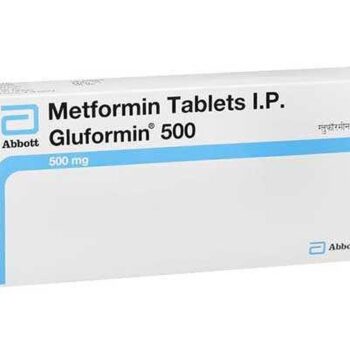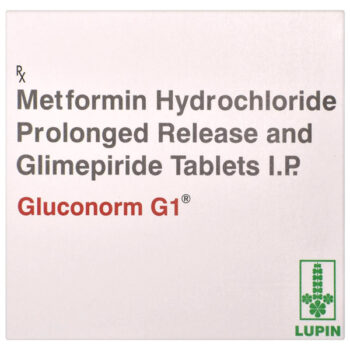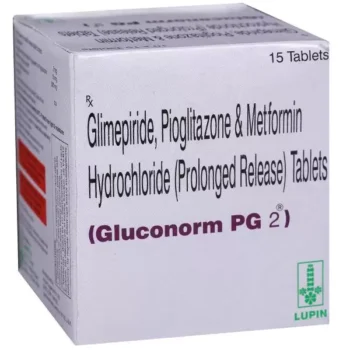At the zenith of medical innovation, explore Ivermectin’s role in cancer treatment. | Kenner, United States
Nested in the serene city of Mansfield, United States lies a treasure trove of hope for cancer patients. Enter the realm where Ivermectin transcends its conventional use to illuminate new pathways in cancer treatment. Witness cutting-edge research unraveling the potential impact of this miraculous medicine on tumor growth and metastasis. Embrace a journey towards innovation and empowerment as we navigate through uncharted territories in oncology with unwavering determination.
Product Overview
Ivermectin is a powerful medication used to treat parasitic infections in humans and animals. With its broad spectrum of action, Ivermectin effectively eliminates various parasites such as worms and mites. It is safe when used correctly under medical supervision, providing relief and improved health outcomes for patients.
Human Medical Applications
Ivermectin is a medication commonly used to treat parasitic infections in humans. It is often prescribed to combat ailments such as scabies and certain types of roundworm infections. When administered as directed by a healthcare professional, Ivermectin works by paralyzing and killing the parasites, ultimately helping to alleviate symptoms and promote healing. It is crucial to follow dosage instructions carefully and inform your doctor of any existing health conditions or medications you are taking to ensure its safe and effective use. Always consult with a healthcare provider before beginning any new treatment regimen involving Ivermectin.
Safety and Side Effects
Ivermectin is generally considered safe when used at appropriate doses for approved indications such as parasitic infections in humans and animals. However, common side effects may include dizziness, nausea, diarrhea, and skin rash. In rare cases or with misuse at high doses not intended for human use (such as veterinary formulations), more serious side effects like severe allergic reactions or neurological symptoms can occur. It's important to always follow your healthcare provider's instructions and seek medical advice if you experience any unusual symptoms while taking Ivermectin.
Conclusion
Top-of-the-line-level research has shown promising results in exploring the use of Ivermectin as a potential treatment option for certain types of cancer. This medication, originally intended to treat parasitic infections, exhibits intriguing anti-cancer properties through various molecular mechanisms. Studies have demonstrated its ability to inhibit tumor growth and induce apoptosis in cancer cells, offering new hope in the fight against this complex disease. While more clinical trials are needed to fully understand its efficacy and safety profile in oncology settings, researchers remain optimistic about the therapeutic potential of Ivermectin as an adjunct or standalone therapy for specific cancers. Consult with your healthcare provider for personalized guidance on incorporating this novel approach into your treatment plan.







